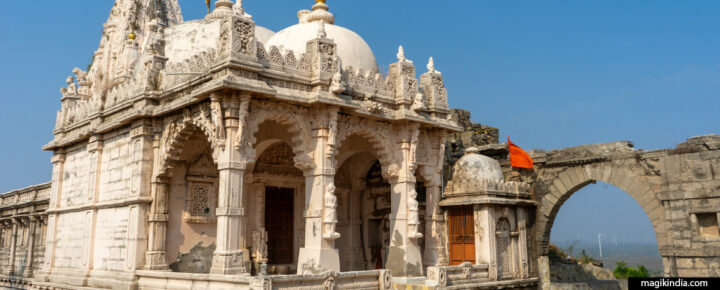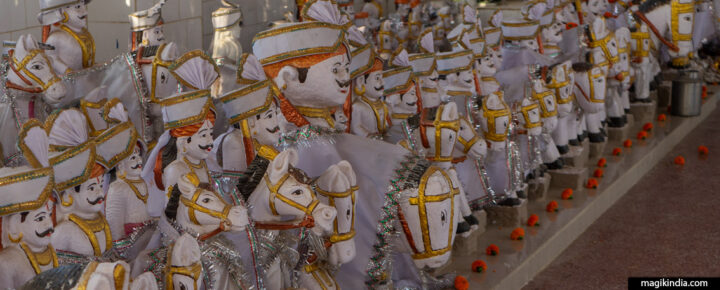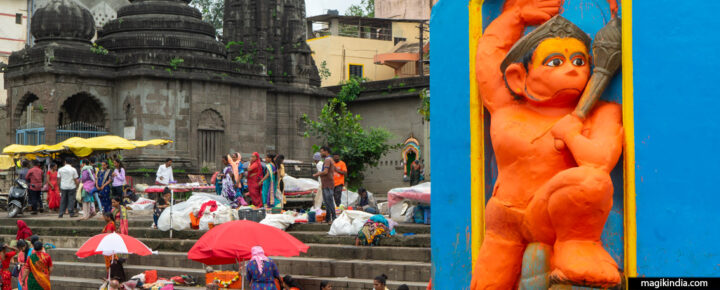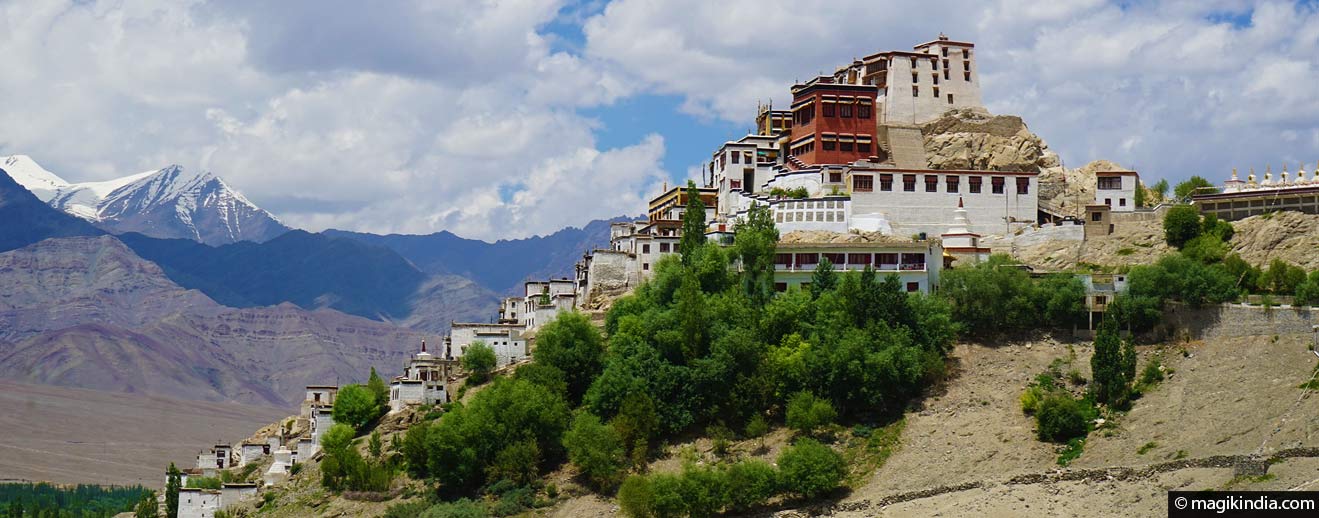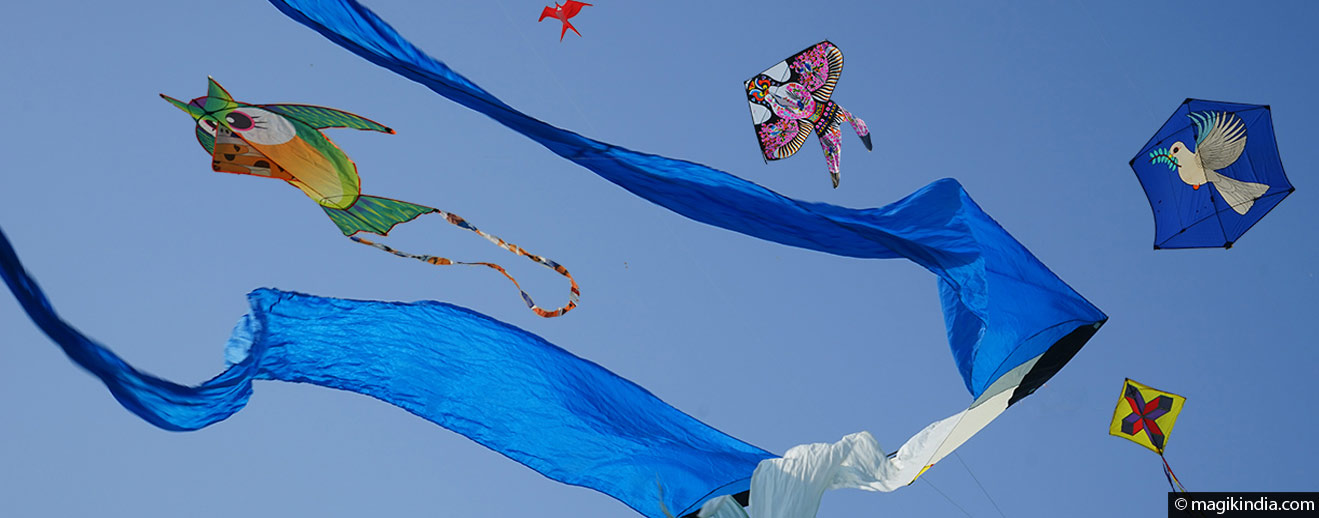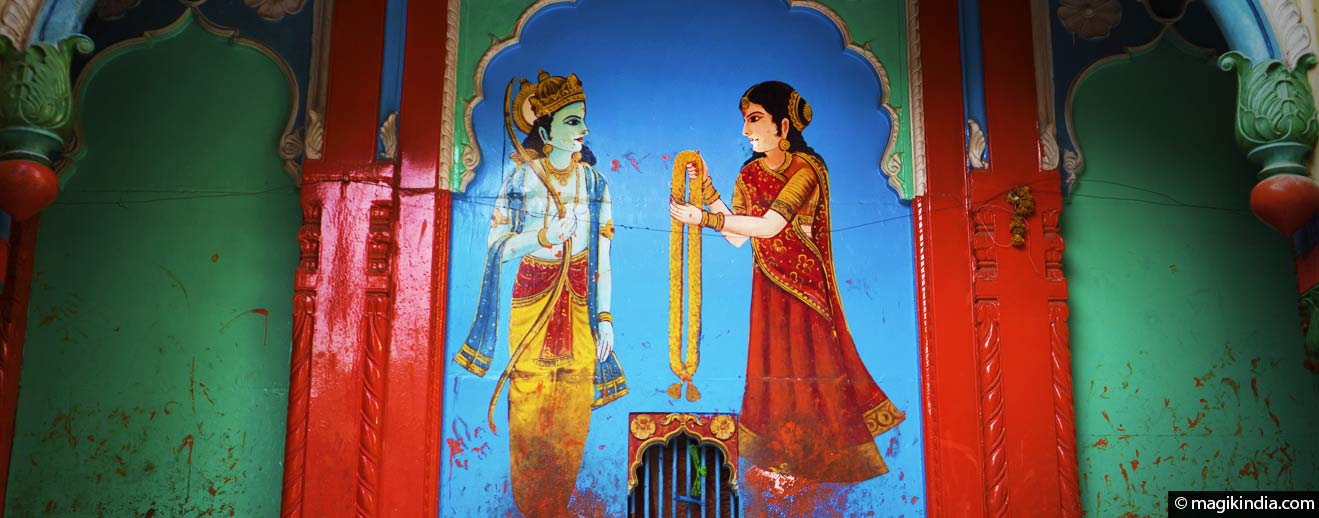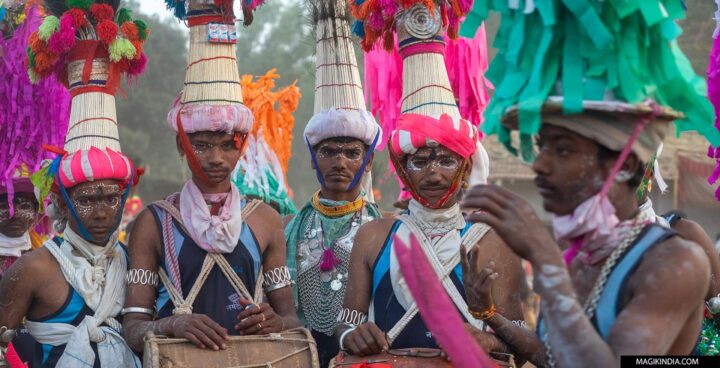
Just one month ago, I was staying with the people of the Satpuda Mountains (Maharashtra) for the Holi celebrations and the enchantment has still not faded! The Adivasis, the indigenous people of India, have a different way of celebrating Holi: here, there is no flood of coloured powders, the celebration is expressed through ecstatic dances …
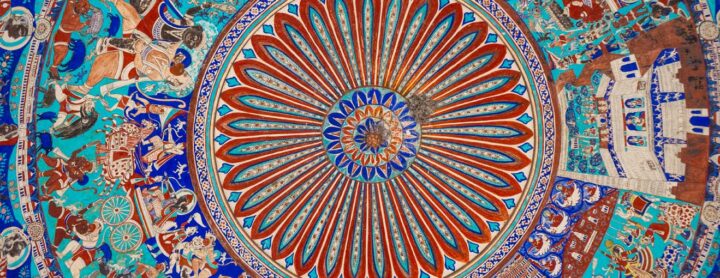
If you’ve been following this blog for a while, you might know that Shekhawati is one of my favourite regions in Rajasthan. It’s a surprisingly under-visited destination despite its exceptional cultural richness. Of all the cities in Shekhawati, Ramgarh particularly caught my attention. Founded in the late 18th century by the famous Poddar family, it …
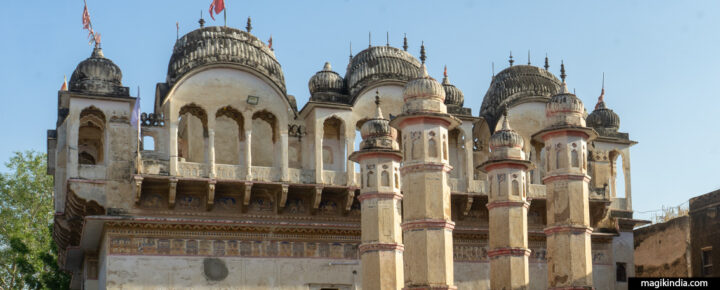
In semi-desert areas like Shekhawati, in northern Rajasthan, water management is vital. Thus, in addition to stepwells and other reservoirs, numerous “kuas” (pronounced kooa) have sprung up throughout the region. With their Persian-style towers adorned with exquisite frescoes, these unique wells reflected the opulence of wealthy Marwari merchants in the 18th and 19th centuries. As …
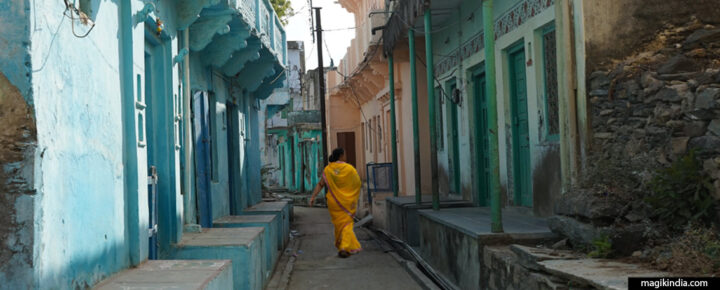
Delwara is a town nestled in the heart of the Aravalli Mountains, barely thirty kilometers from Udaipur, the romantic city of lakes of Rajasthan. While Delwara is surprisingly little known, it was once a major spiritual center and a renowned place of learning for the future rulers of Mewar; its thousands of Hindu temples and …
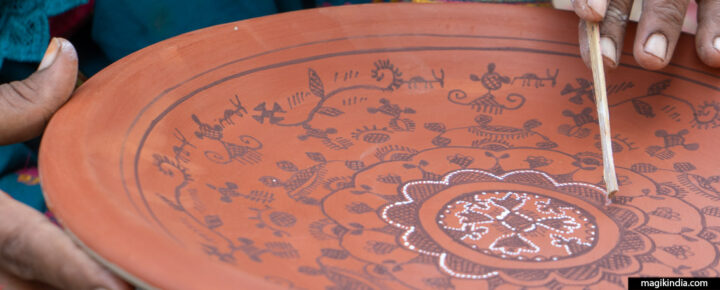
In the north of the district of Kutch (Gujarat), on the edge of the great white desert, is the village of Khavda which gave its name to a very specific ceramic, whose origins date back to the thousand-year-old civilization of the Indus Valley. While the art of pottery from this region has survived since the …
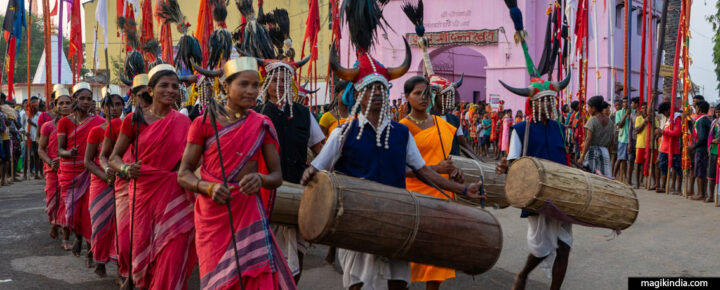
Along with Dussehra, Phagun Madai is another important festival of Bastar region in the state of Chhattisgarh. It is organized every year in Dantewada, a town located 80 km south of Jagdalpur where 60% of the population is “adivasi”, that is to say of indigenous origin. This 10-day festival, which takes place during the month …
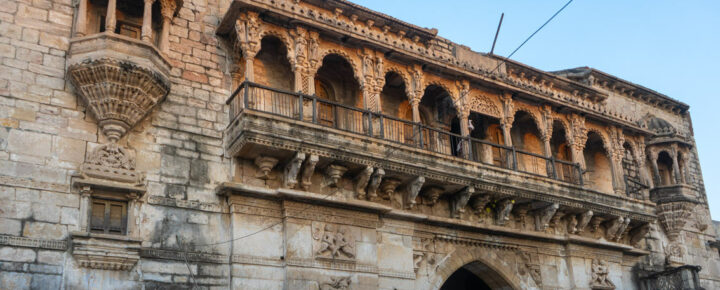
Sayla was love at first sight for me! Located in the Saurasthra peninsula, three hours from Ahmedabad, the city of the Rajputs Jhala is a destination still little visited by travellers. And yet, it has lots to offer! Apart from its charming old town, its many historical monuments and its skilled craftsmen, Sayla is also …
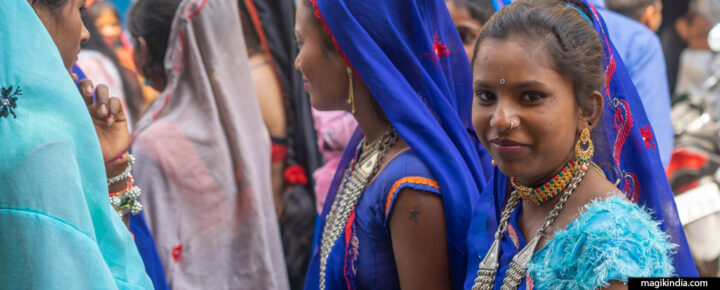
Recently declared a “cultural heritage” of Madhya Pradesh, Bhagoria is a festival that not only celebrates the arrival of spring and the end of harvest, but also love! It is indeed known for its “vivaah mela”, its marriage fair. Bhagoria falls during the Hindu month of Phalgun (February/March), seven days before the Holi festival and …
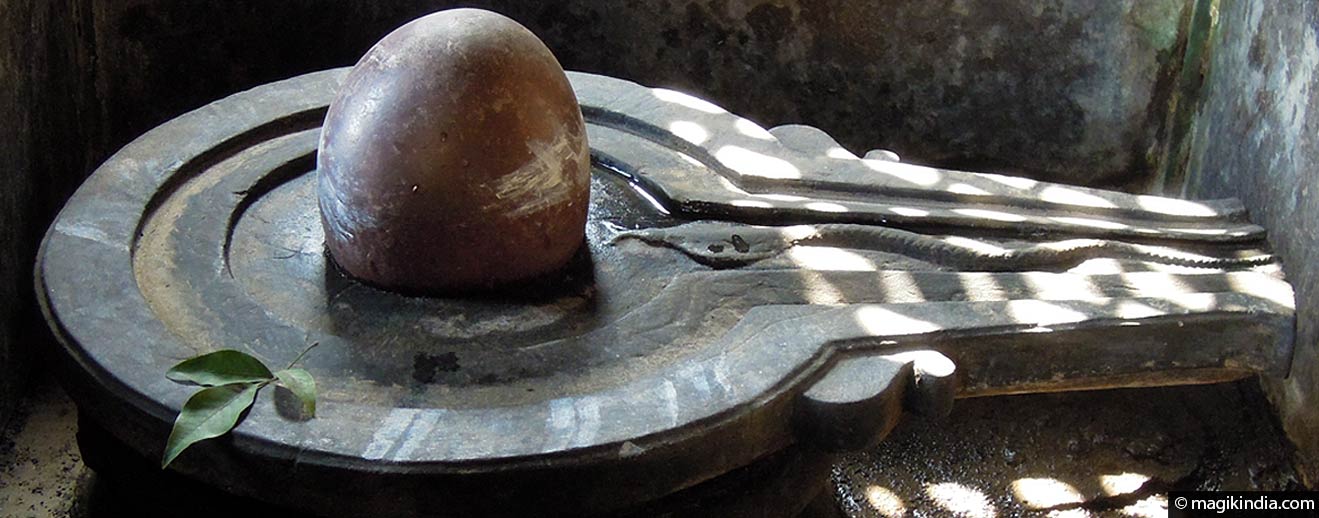
The ‘lingam’ or ‘Shiva-lingam’ is one of India’s most emblematic hindu representation, and one of the most powerful. Some theories trace the lingam back to the ancient fertility cults probably due to its phallic form. But though it is easy to jump to conclusions, it is a mistake to think of the Shiva lingam in purely sexual terms; The …
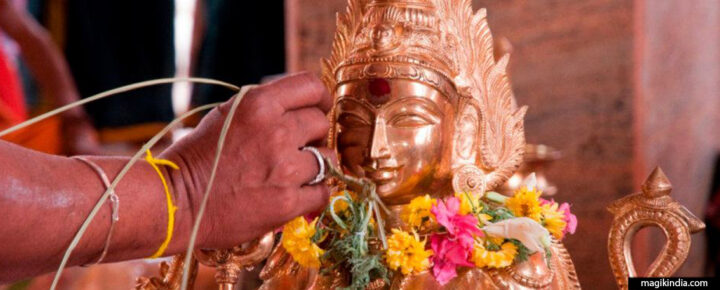
In Tamil Nadu, the nine-day Navaratri festival honoring the Shakti or universal primordial force, is celebrated in a unique way by venerating successively three goddesses: Durga, Lakshmi and Saraswati; three days are dedicated to each of them. This festival punctuated by precise rituals symbolically ends with the victory of light over darkness called Vijayadashami.
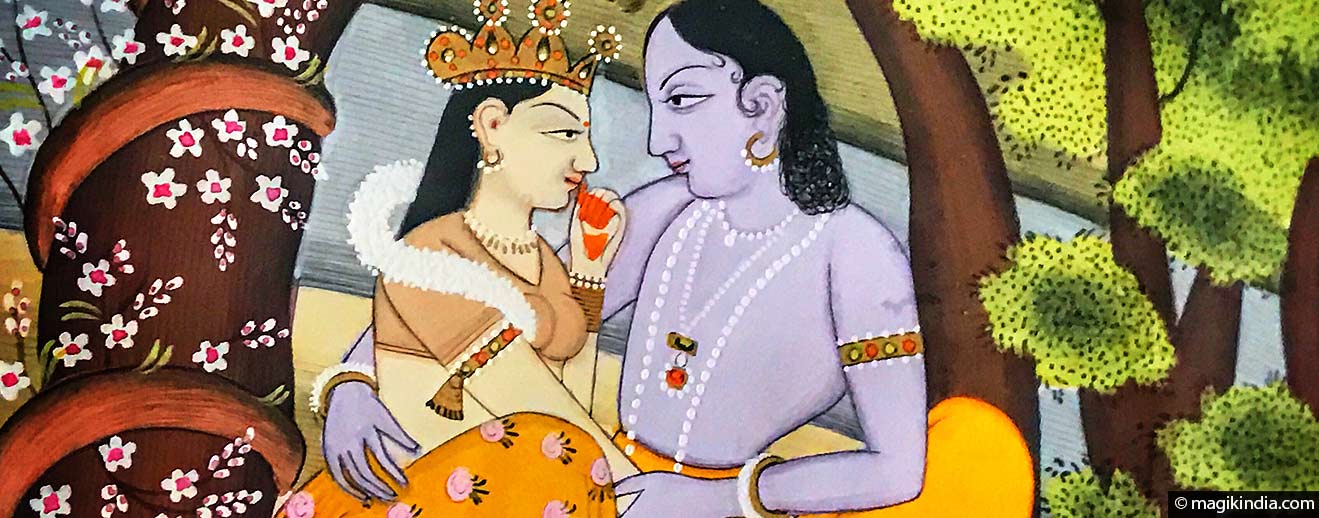
Radhakrishna represents the unique union of the Goddess-gopi Radha and her beloved Krishna, two highly revered deities in the Hindu Vaishnavite tradition. Radhakrishna is not any romantic relationship or simply the combination of the feminine and the masculine: it symbolizes the soul seeking the Divine Love.
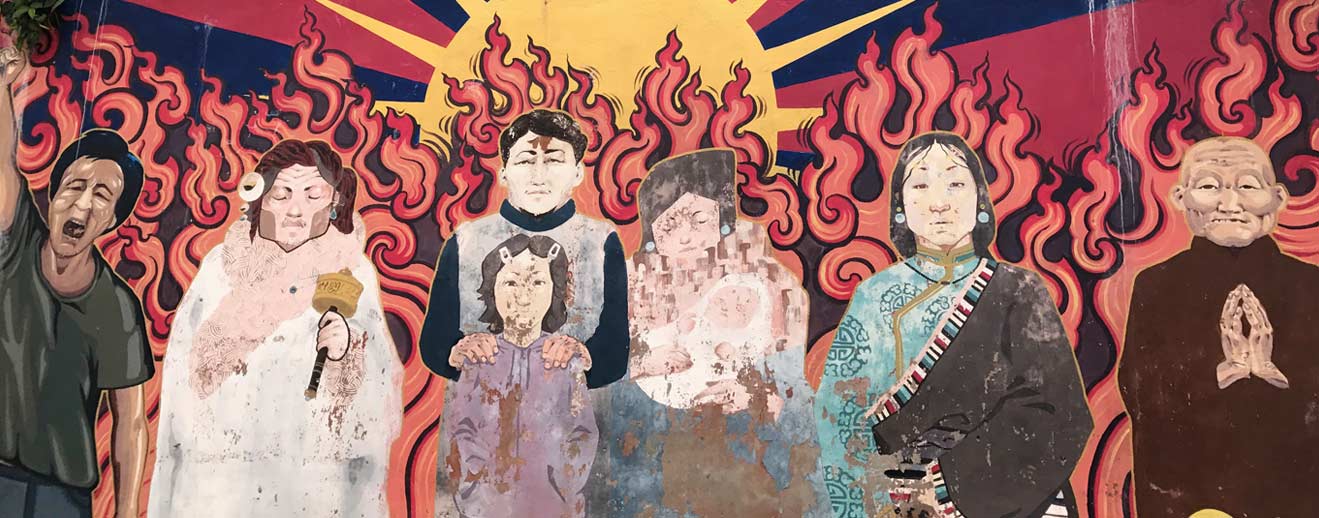
On 17th March 1959, Tenzin Gyatso, the current Dalai Lama fled Tibet following the Chinese invasion and took refuge in Dharamshala, Himachal Pradesh, where he established the Tibetan government in exile. McLeod Ganj or ‘Upper Dharamshala’ located 10km above Dharamshala became the official residence of the Dalai Lama and the haven of thousands of Tibetans. …

Holi is one of India’s best-known festivals, providing great material for photographers from all over the world. Its marks the beginning of spring and takes place at full moon in the lunar month of Phalgun (February-March). It is known as the festival of colours and also the festival of love, commemorating the divine love of …
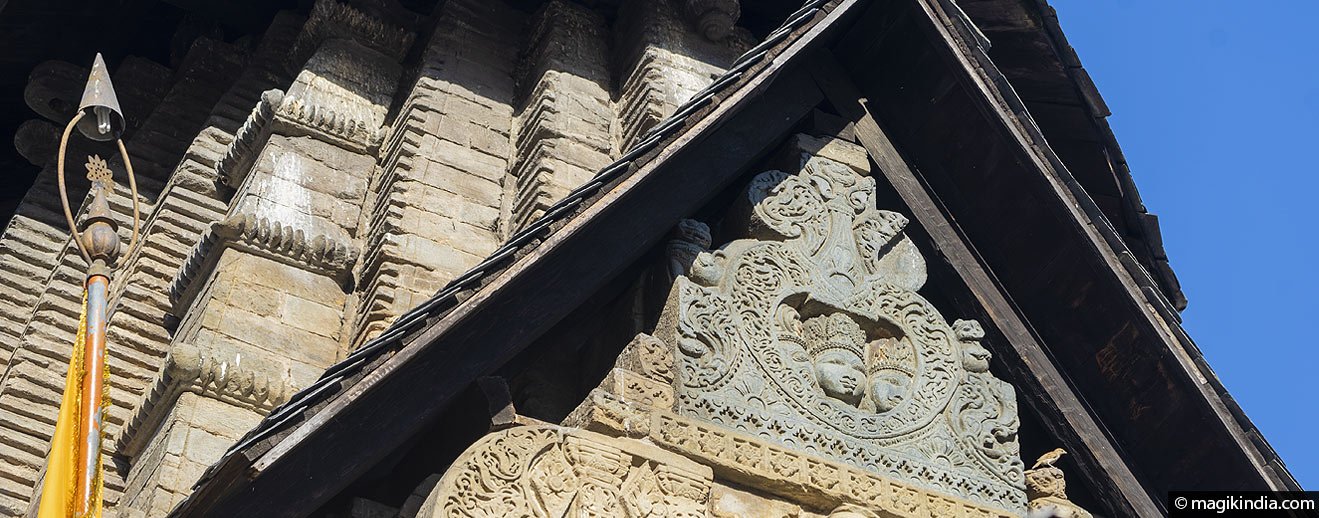
Chamba is a charming city situated at the end of the valley bearing the same name, located in the Northwest of Himachal Pradesh. The city lies on the banks of the River Ravi, which is nestled between two peaks of the Himalayan Shivalik Range. This millinery town is not a popular destination amongst tourists who prefer …

